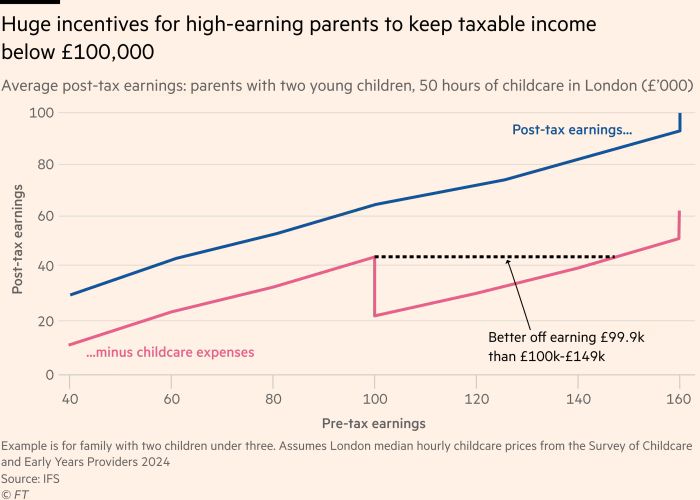
renaudfoucart.com
























Our paper, now out in Games and Economic Behavior, tells the story of how I was at least partly wrong: (1/11)

Our paper, now out in Games and Economic Behavior, tells the story of how I was at least partly wrong: (1/11)




UK tax system: hold my beer www.ft.com/content/8fc5...

UK tax system: hold my beer www.ft.com/content/8fc5...
(From Sophie Duncan's Searching for Juliet)

(From Sophie Duncan's Searching for Juliet)

